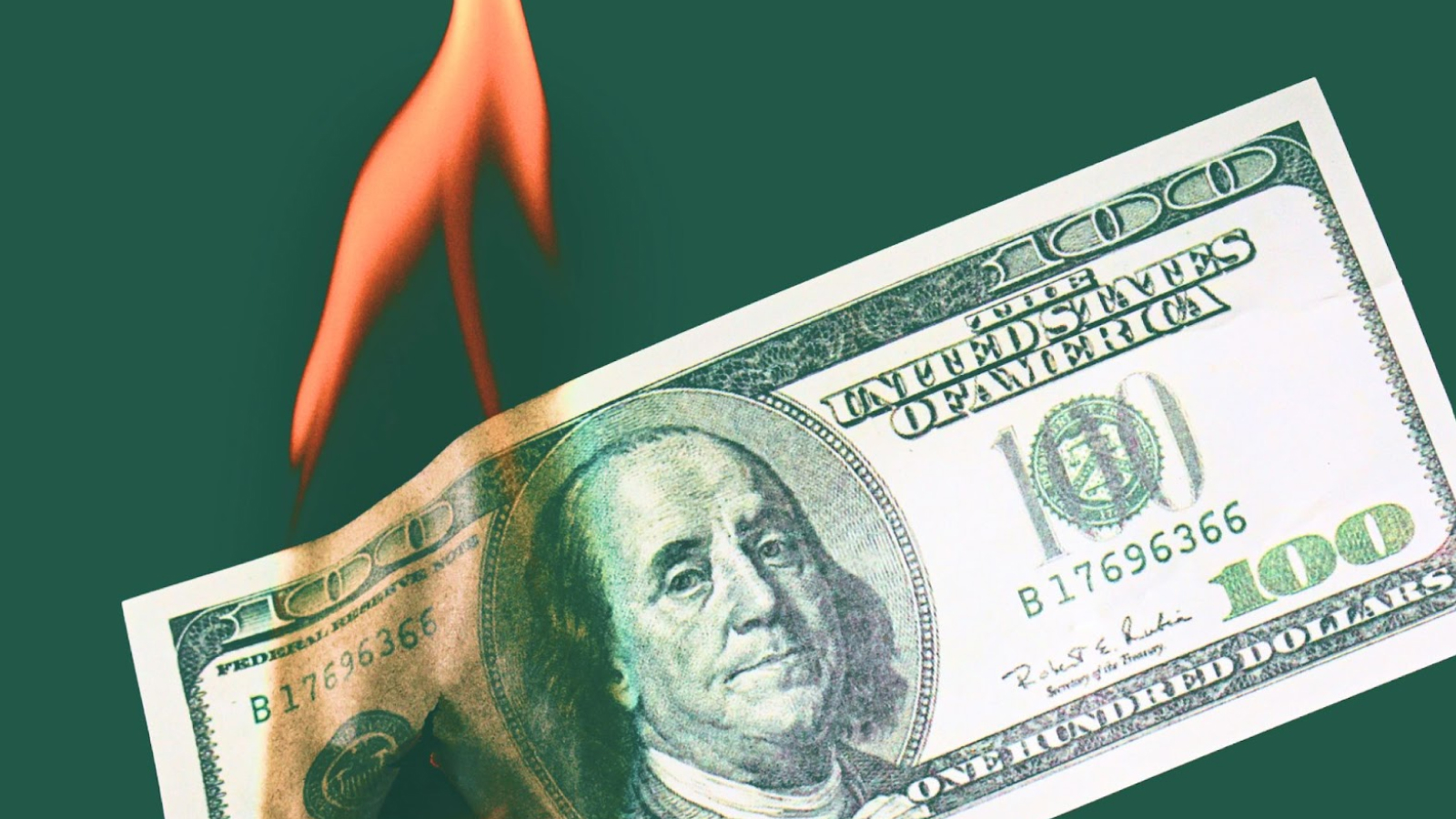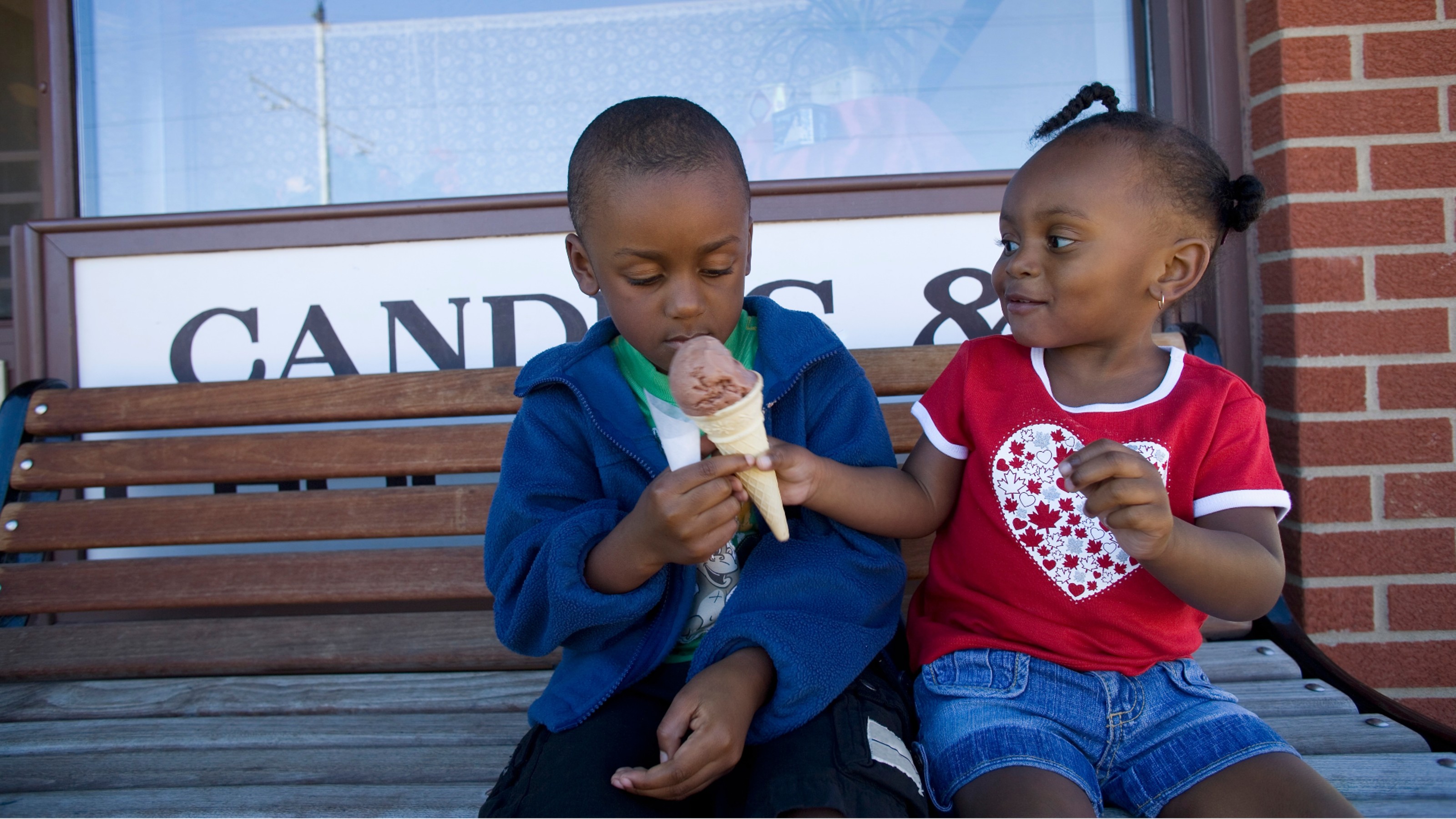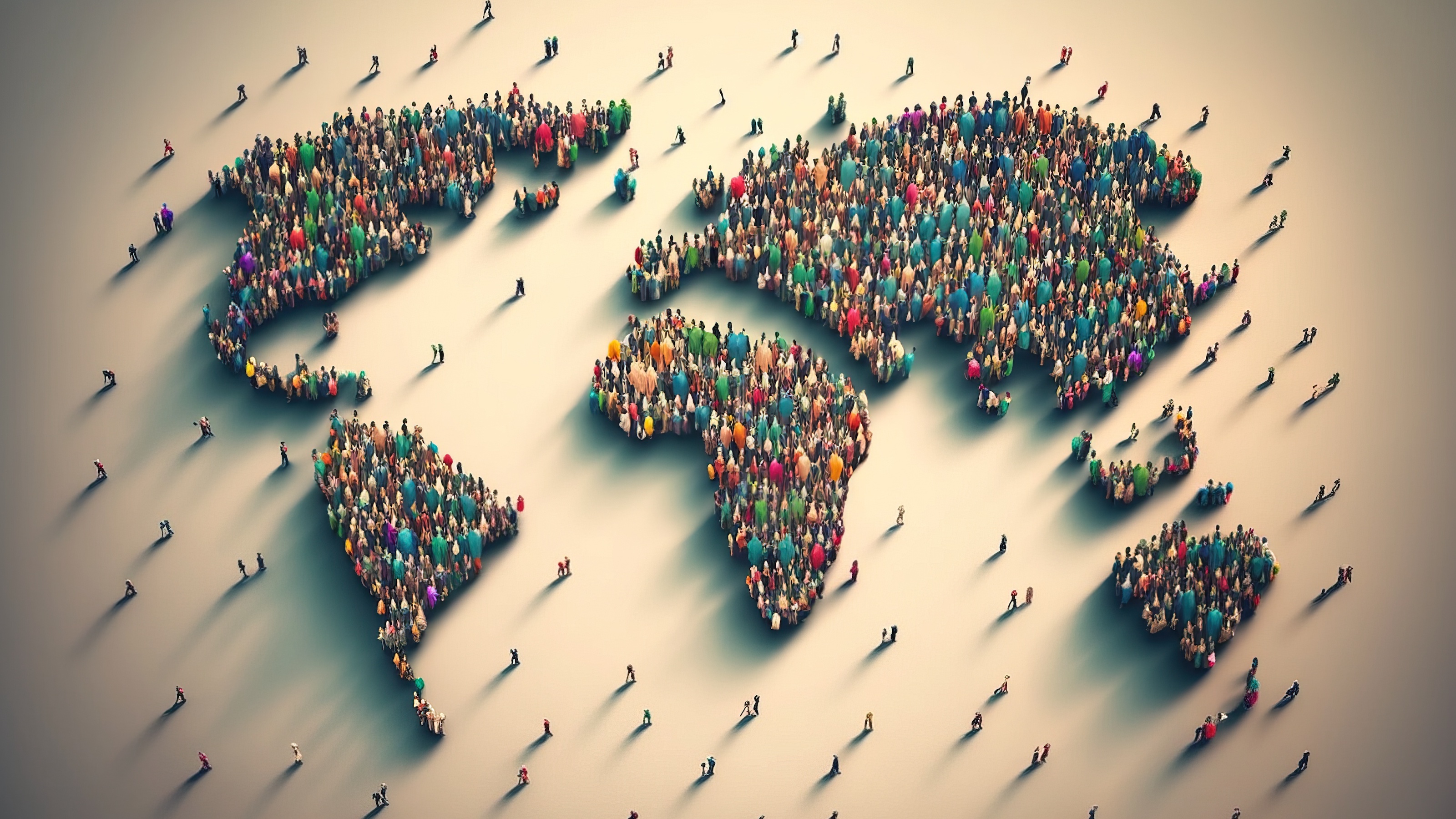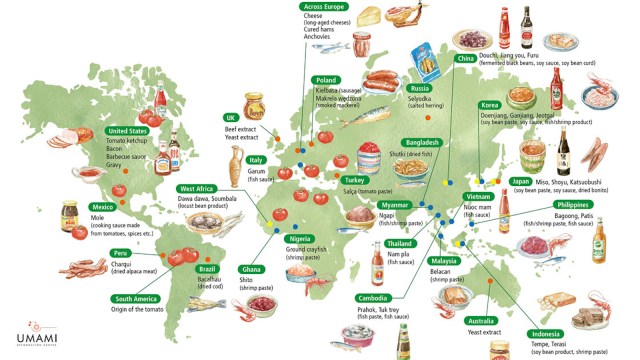Researchers gave 200 people $10,000 each to study generosity
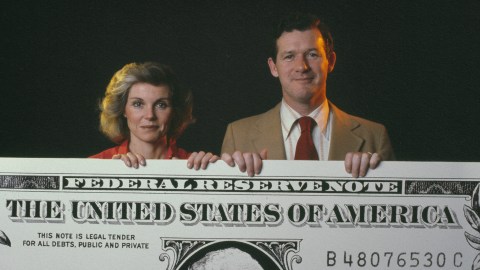
- Researchers gave 200 people from seven different countries $10,000 each, with instructions to spend it all within three months and to document how they spent it.
- Participants spent 68% of their cash prosocially, benefiting others and sometimes simultaneously themselves.
- With members of the wealthy Baby Boomer generation beginning to pass away, an unprecedented transfer of wealth is about to unfold. The study suggests a significant amount of that money could be spent on the public good.
Are humans more prone to generosity or selfishness? For decades, scientists have beaten around the bush when attempting to answer that question. In low-stakes economic games, they’ve given participants small amounts of money and tasked them with allocating those funds between themselves and a partner. Researchers have conducted hundreds of these studies, and when aggregated, they show that humans give away about 28% of their money on average. Again, however, the stakes are low in these experiments — subjects are often gifted around $10 or less to distribute.
Would humans show the same amount of generosity if gifted a far greater sum of money? With the help of a pair of wealthy donors, researchers affiliated with the University of British Columbia, Yale University, and Technology, Entertainment, Design (TED) ran an experiment to find out.
A high-stakes generosity experiment
During the COVID-19 pandemic, the team broadcasted via TED’s social media channels an offer to apply for a vague “mystery” experiment. People located across the globe signed up. Two hundred from Brazil, Indonesia, Kenya, Australia, Canada, the United States, and the United Kingdom were eventually selected, and they were no doubt elated when they learned what the experiment entailed.
The experimenters were going to give them $10,000, with the only conditions being that they spend all of it in three months, don’t save or invest any of it, and report to the researchers precisely how they spent it. Half were further stipulated to regularly share on social media how they used the money.
So how did they spend the windfall? Did they share it with others or hoard it for themselves? As the researchers found, generosity reigned. Participants spent 68% of their cash prosocially, benefiting others and sometimes simultaneously themselves (paying for a shared vacation or dinner, for example). On average, they also donated a fifth to charities or other causes.
“For example, one participant from Canada donated $1,200 to an organization that provides construction training to marginalized people so they can enter the workforce, and another participant in Indonesia gave $1,500 to the family of a friend who had passed away to help cover basic necessities,” the researchers wrote.
As another participant shared on Medium, she gave away all $10,000 via twenty $500 mini-grants to people in her local community for activities like creating a mural, revitalizing a community garden, and setting up a free food stand for the homeless.
Even though the $10,000 gift represented just a 10% boost to the income of participants from wealthy countries (Australia, Canada, the U.S., and the UK) and a 125% boost for participants from poorer countries (Kenya, Indonesia, and Brazil), there was no difference in prosocial spending between the two groups. Participants from high-income countries did spend significantly more on charitable donations, however.
Participants who were instructed to share how they spent the money on social media donated 23% of their gift to charity. In comparison, subjects without that requirement only donated 15%, suggesting that social pressure can increase generosity. The result barely missed statistical significance, however, so it could have been due to chance.
With members of the wealthy Baby Boomer generation beginning to pass away, an unprecedented transfer of wealth is about to unfold.
“As much as $36 trillion will be passed down to future generations as gifts in the form of inheritances over the coming decades in the United States alone,” the researchers note.
If the present study is any indication, a significant amount of money could soon be spent for the public good.
